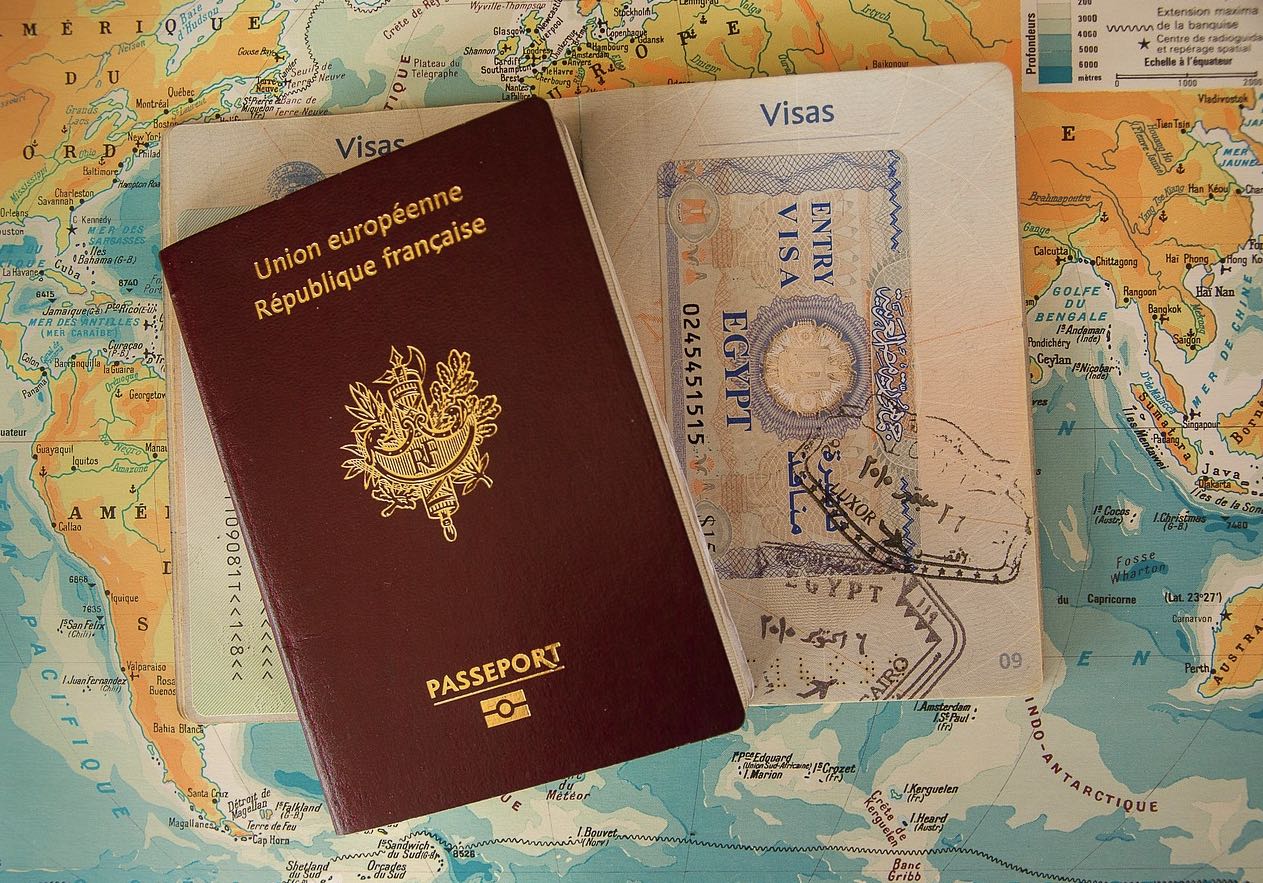In our world, alcohol is a huge part of human culture globally; however, in many religions, there are rules for the consumption of alcohol. I sat down with two people from two different religious cultures to understand their views on alcohol and whether or not alcohol plays a major role in their religious practices.
Alcohol in Judaism
I first met with Sarah Levin who is Jewish. She grew up in a conservative Jewish household. According to My Jewish Learning, Conservative Judaism “maintains that Jewish law remains binding, but is open to adaptions that reflect modern realities”. Despite these adaptions, Sarah still keeps Kosher.
“Kosher is an idea in Judaism that there are good foods to eat, bad foods to eat and there are foods that need to be prepared and inspected by a Rabbi to make sure they aren’t contaminated by things considered un-Kosher” says Levin.
“The most common drink for Jews is Kosher wines. In order for wines to be Kosher, it has to be handled by Jews only, from the growing of the grapes until it’s in the bottle. Then, the wine is off to the Rabbi who makes the final inspection and will certify it as Kosher. If alcohol of any kind doesn’t have a Kosher certification, it is forbidden for Jews to drink”.
Kosher wines are usually found at the synagogue on the Sabbath day. It plays an important part in the conclusion of Sabbath services where it is blessed and shared with the congregation along with bread and other refreshments.
Alcohol in Islam
Islam has a very interesting relationship to alcohol. Muslim educator and author, Huda Dodge says, “Alcohol and other intoxicants are forbidden in the Quran, as they are a bad habit that drives people away from the remembrance of God. Several different verses in the Quran address the issue” (2018).
Dodge also states that “The Prophet Muhammad warned his followers that participating in the alcohol trade is forbidden. The wine-presser, the one who has it pressed, the one who drinks it, the one who serves it, the one who sells it, the one who benefits from the price paid for it, the one who buys it and the one for whom it is bought are all considered sinners of intoxication”(2018).
When I sat down with Muslim CSU student, Aisha Muhammad, to talk about her relationship with alcohol, she said, “In Saudi Arabia where I’m from, it’s illegal to drink or have alcohol due to what’s written in the Quran. In Saudi, we have religious police called Haia. They go around and make sure nobody is drinking, selling or buying alcohol and also enforce other religious laws such as dress code”.
Muhammed says that America and Saudi Arabia are completely different in respect to alcohol. “It’s crazy coming here and seeing liquor stores and alcohol legally for sale on restaurant menus. Where I’m from, there is no way I’d be caught dead drinking. If I were to be caught, I would be arrested and possibly whipped for my crimes.”
While alcohol may have a prevalent impact on American culture, it also has impacted multiple religions around the world. For the Jews, drinking is allowed as long as the process of making alcohol is monitored and follows the laws of Kosher. On the other hand, Islamic tradition states that alcohol should be forbidden because it distracts you from God and violates the Quran. It’s interesting to see that two religions that are related to each other have such starkly different, yet complex relationships with alcohol.
















